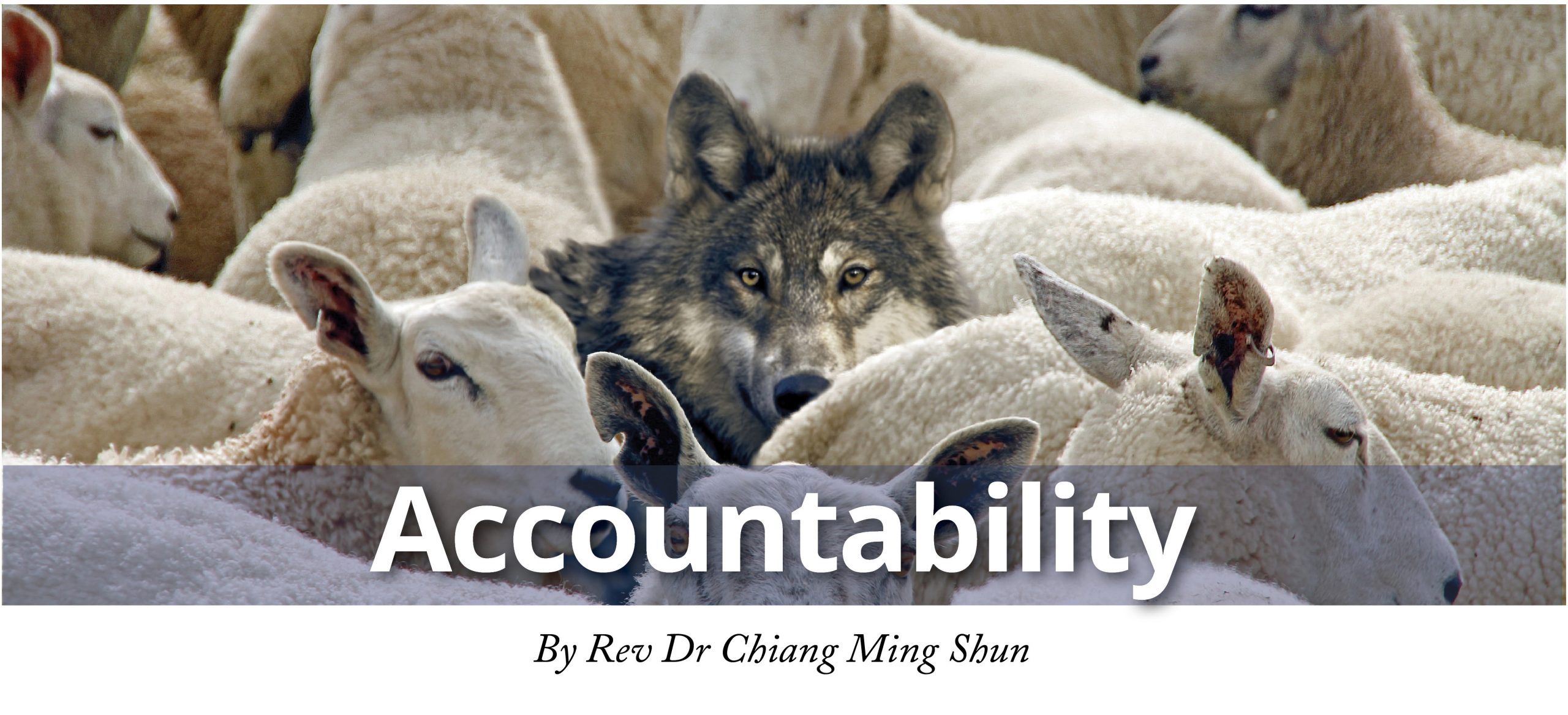
On 6 and 31 January 2002, the Boston Globe newspaper published two shocking articles by its Spotlight Team following a 6-month investigation into sexual abuse by clergy in the Catholic Church. The Spotlight Team, which initially consisted of Matt Carroll, Sacha Pfeiffer, Michael Rezendes, Stephen Kurkjian and Walter V. Robinson, reported that the Catholic Archdiocese of Boston had in the previous 10 years “quietly settled child molestation claims against at least 70 priests”. The Boston Globe’s investigation resulted in the newspaper publishing more than 600 stories about widespread sexual abuse and how Church leaders moved priests to different parishes instead of holding them accountable. The reporters, their investigation and reports were featured in the Hollywood movie ‘Spotlight’ in 2015.
However, although the Spotlight stories blew the lid off sex abuse in the American Catholic Church, these stories were not new. Accusations of abuse had been made as early as the 1950s, and the issue gained traction in the 1980s and the 1990s. Over time, the scale of abuse became clearer. A report commissioned by the Catholic Church in 2004 found that more than 4,000 priests in the US had faced sexual abuse allegations in the last 50 years. More than 10,000 children were victims, mostly boys.
Was abuse just in the US? No.
In 2009, following a nine-year investigation, The Commission to Inquire into Child Abuse published a 2,600-page report which concluded that “Sexual abuse was endemic in boys’ institutions” run by the Catholic Church in the Irish Republic. In addition to rape and sexual molestation, “[p]hysical and emotional abuse and neglect were features of the institutions”, which held up to 30,000 children. Moreover, the “recidivist nature of sexual abuse was known to religious authorities.”
In 2017, a five-year inquiry found that tens of thousands of children were sexually abused in Australian institutions, including churches. Last year, the Australian cardinal George Pell was found guilty of abusing two choir boys in 1996.
Is it only children who were abused? No.
On 6 February 2019, Pope Francis admitted an ongoing problem with priests who sexually abused nuns, and even kept them as sex slaves. He said that his predecessor Pope Benedict had shut down an entire French congregation of nuns who were being abused by priests. Cases have been reported in India, Italy, Chile and Africa.
Is the abuse only occurring in the Catholic Church? No.
In February 2019, following an investigation by two newspapers in Texas, the Southern Baptist Convention admitted that it had a problem, with nearly 400 church leaders “accused of sexual misconduct or crimes against more than 700 victims since 1998”. The president of the Convention even suggested that there were churches with a “wanton disregard for sexual abuse and for caring for the survivors”.
In his 1996 book Pedophiles and Priests, (written six years before the Spotlight articles) Professor Philip Jenkins stated that “clergy of most major denominations were to some extent tainted” by allegations of abuse. He noted over 500 reports of abuse allegations in 1993 “against Episcopal, Methodist, Lutheran, Presbyterian, and Greek Orthodox clergy”. Jenkins argues that there is nothing Roman Catholic about the problem at all.
Last year, after months of denial and controversy, pastor Bill Hybels of the Willow Creek megachurch, along with the entire board of elders, stepped down after Hybels was accused of sexual harassment and misconduct.
What’s going on in this long-running, complex and painful problem?
There are many issues, but for me, the main one is accountability. Leaders, particularly those who are successful or long-standing, feel that the rules no longer apply to them. Perhaps because of hubris or a sense of immunity, Christian leaders can do very un-Christian things. Those who notice turn a blind eye, cover it up or explain it away.
Jules Woodson, the woman who accused pastor Andy Savage of Highpoint Church of sexually assaulting her when she was 17, says, “There is a systematic problem within the institution of the church that props people up in places of power and gives them immunity… This has bred a culture ripe for abuse and cover-up. Repentance, accountability and justice should not be contrived”.
Again, this is not new. In 2 Samuel 11, there is the story of David committing adultery with Bathsheba, and then ordering the death of her husband Uriah to cover up the adultery. After all that he had done for God, and after all that God had done for him, David was still susceptible to succumbing to temptation and committing evil.
What could have prevented the leaders from falling? I think other people in the household of God, especially subordinates, are key. One of the best books I have read on leadership is Lead On by Rear Admiral Dave Oliver, Jr. He writes, “One bad leader is a malignant cancer in an organization. His faults are hidden or disguised when his seniors are present and therefore are often invisible to them, but they are obvious to those in the organization who are junior to him, lingering everywhere like the malodorous smell of a pulp mill.” Subordinates have a vital role to play.
King David wrote an order to his general Joab to send Uriah into the hardest fighting. No one else saw that order. Joab obeyed it unflinchingly, even though he knew that, in addition to Uriah, other men would die. But Joab could have disobeyed the order. Perhaps even then, as it is today, we give too much deference and unquestioning obedience to leaders. Christians should be bold to speak truth to power and hold our leaders more accountable. We could follow the example of the prophet Nathan, who went to confront David in 2 Samuel 12.
After all, we are all imperfect creatures who wrestle with our own skeletons in the closet. We could all improve, we could all benefit from correction.
My worry is, if abuse is happening in churches around the world, where in our local churches is it happening? When we find out where it is occurring, what are we going to choose – a cover-up or accountability?

TRUMPET | Word on World | Apr 2019









